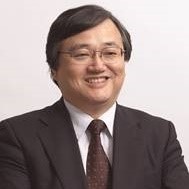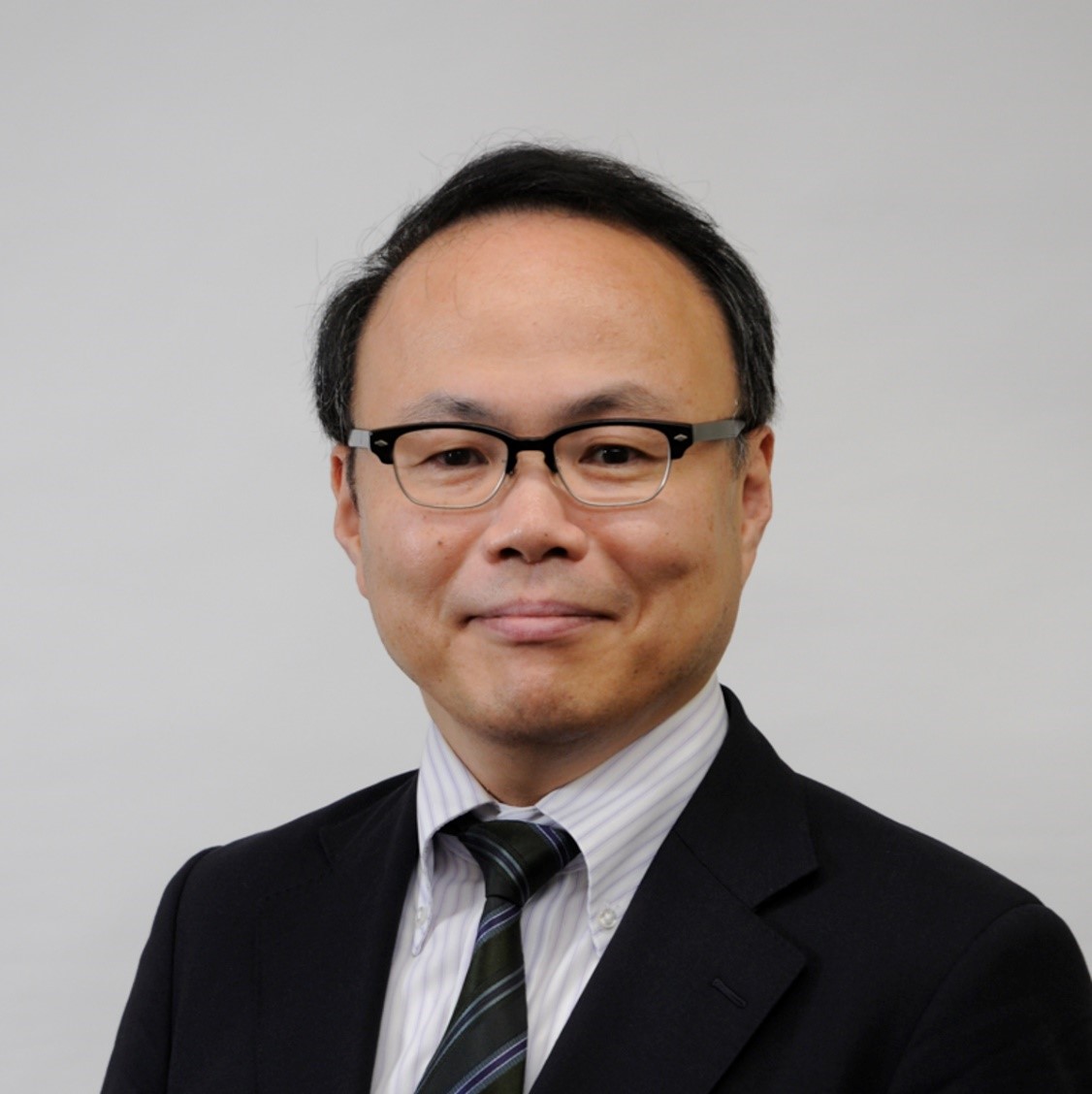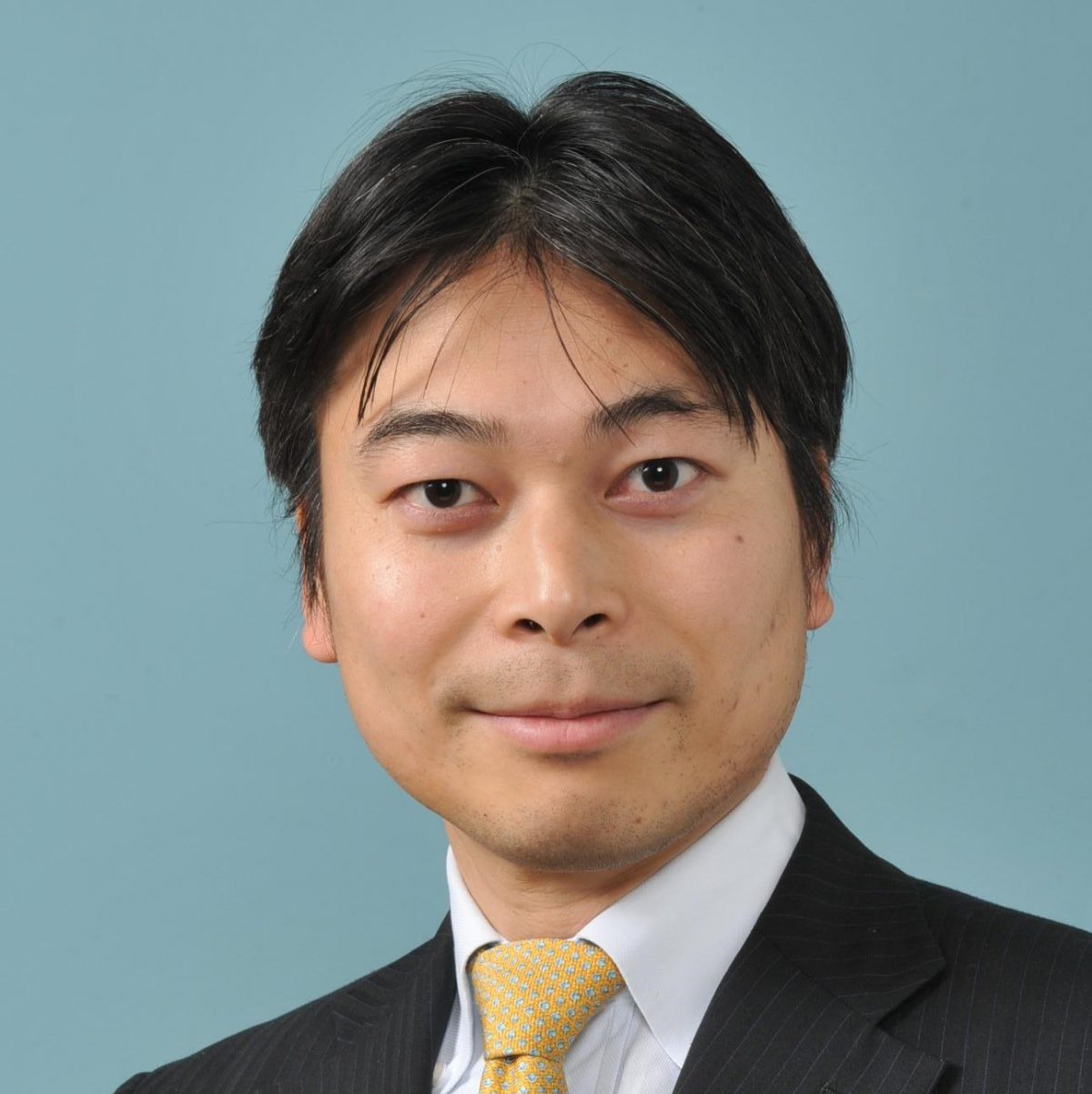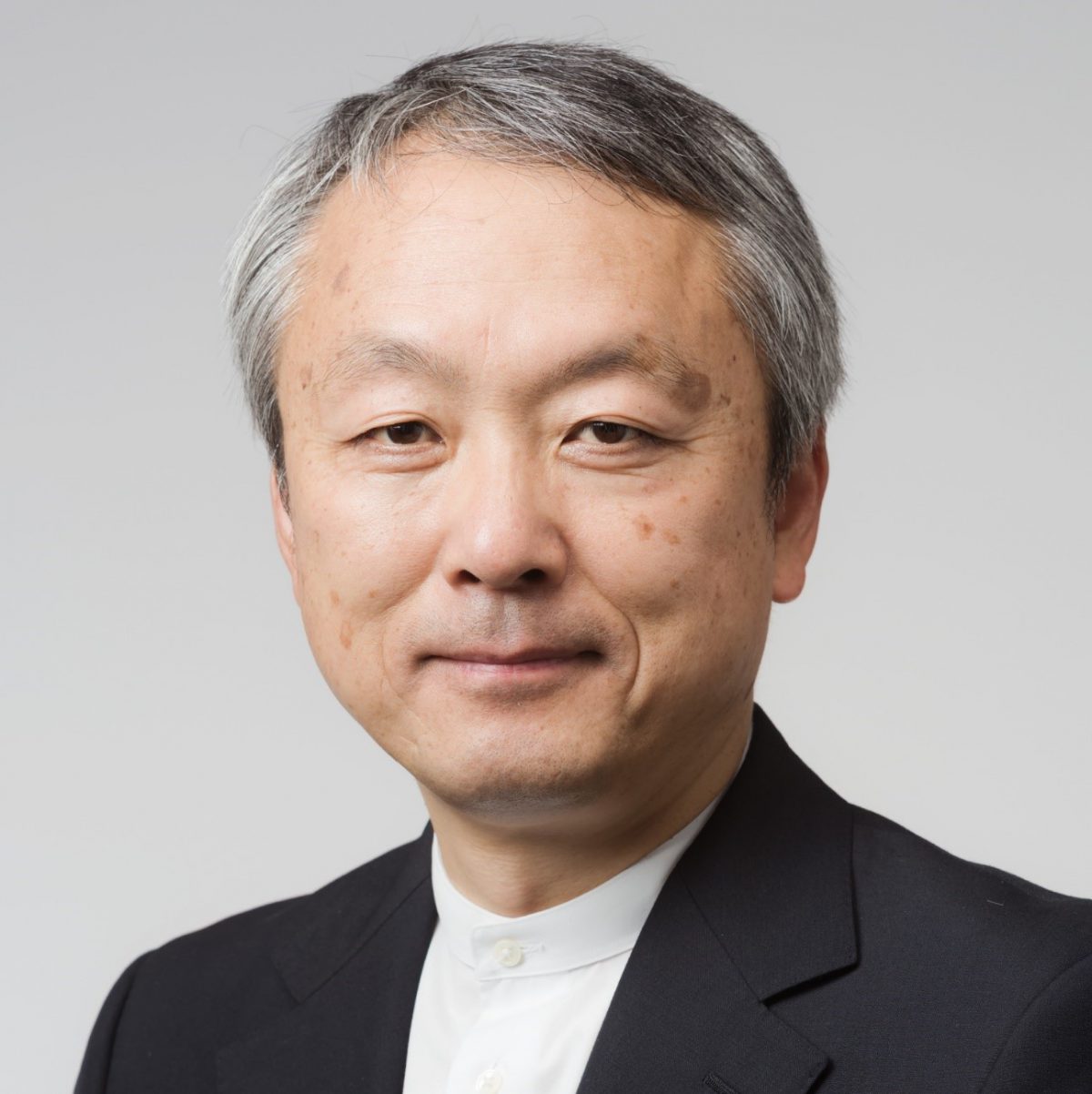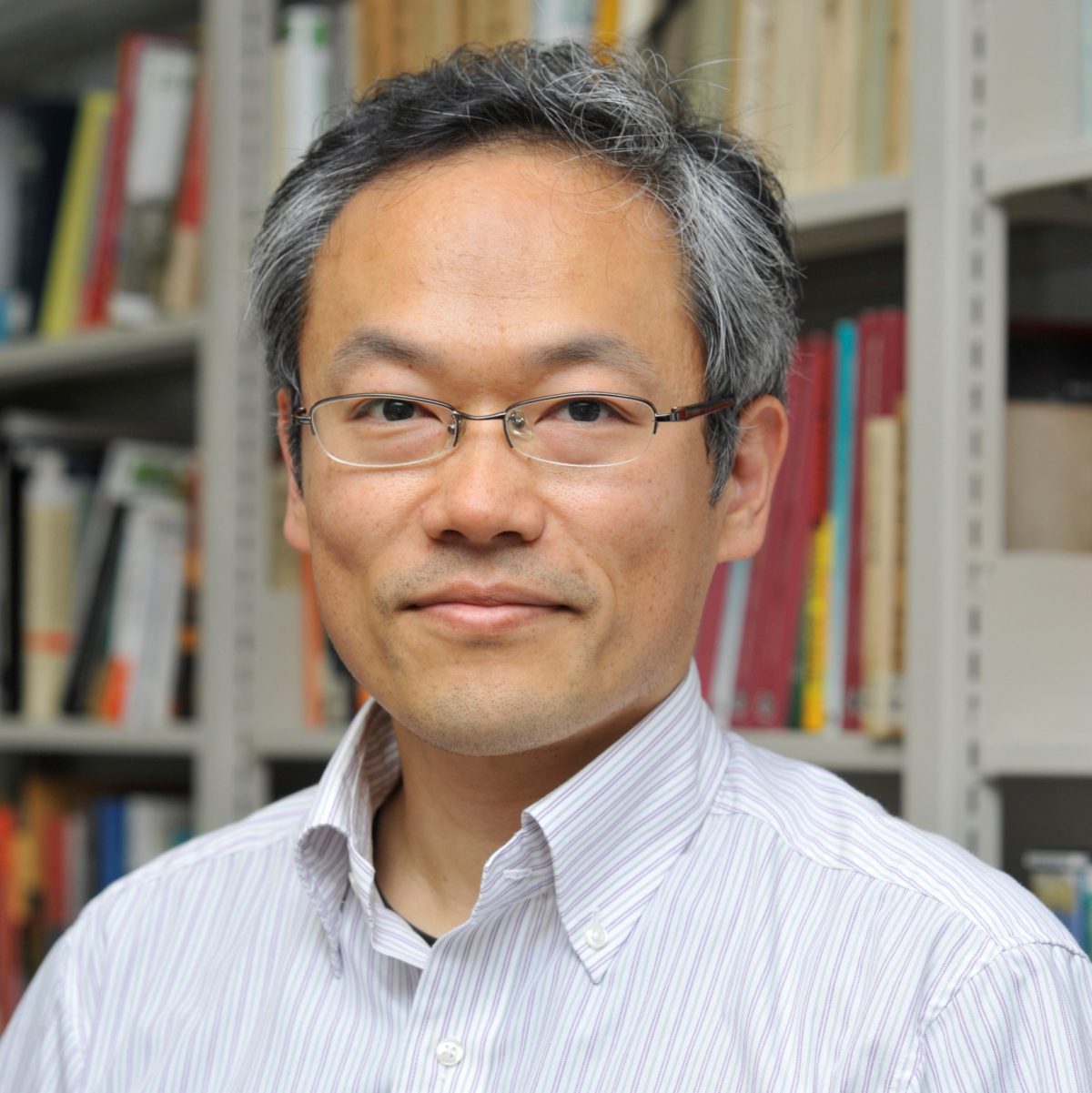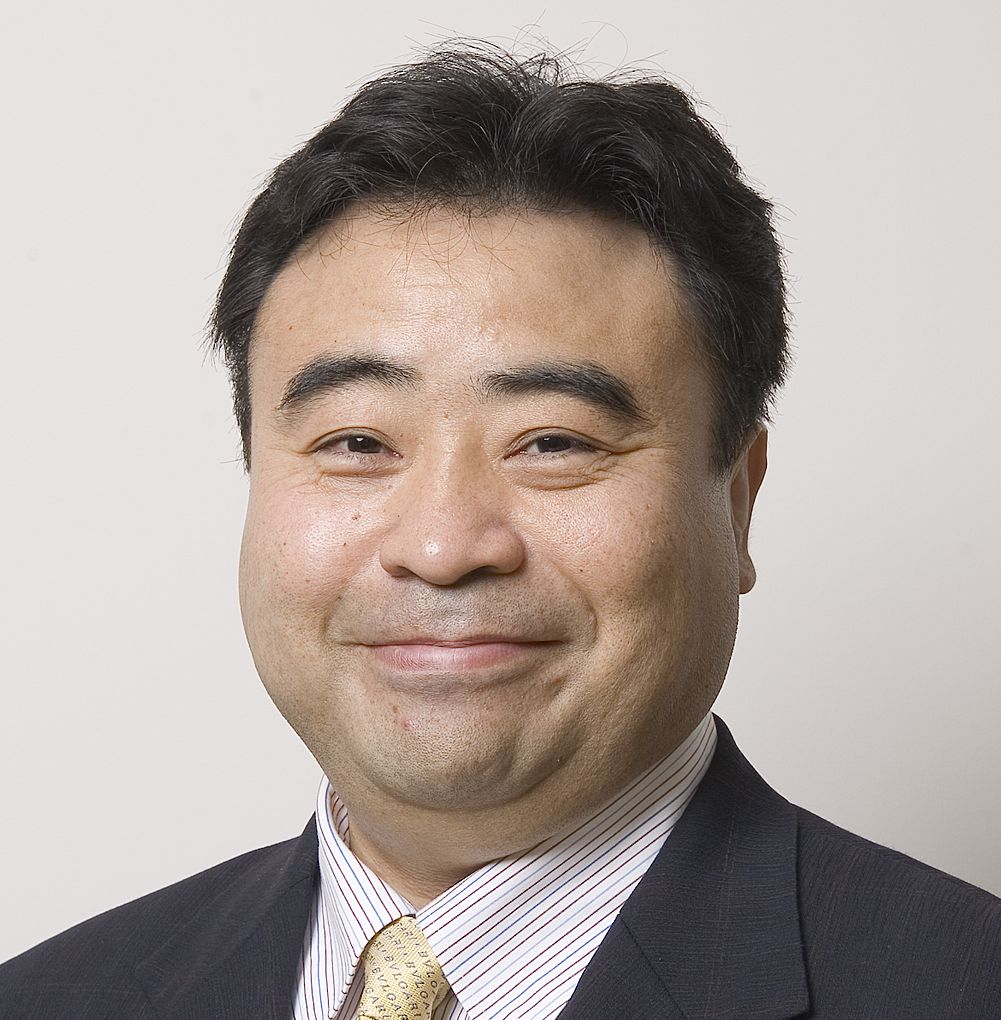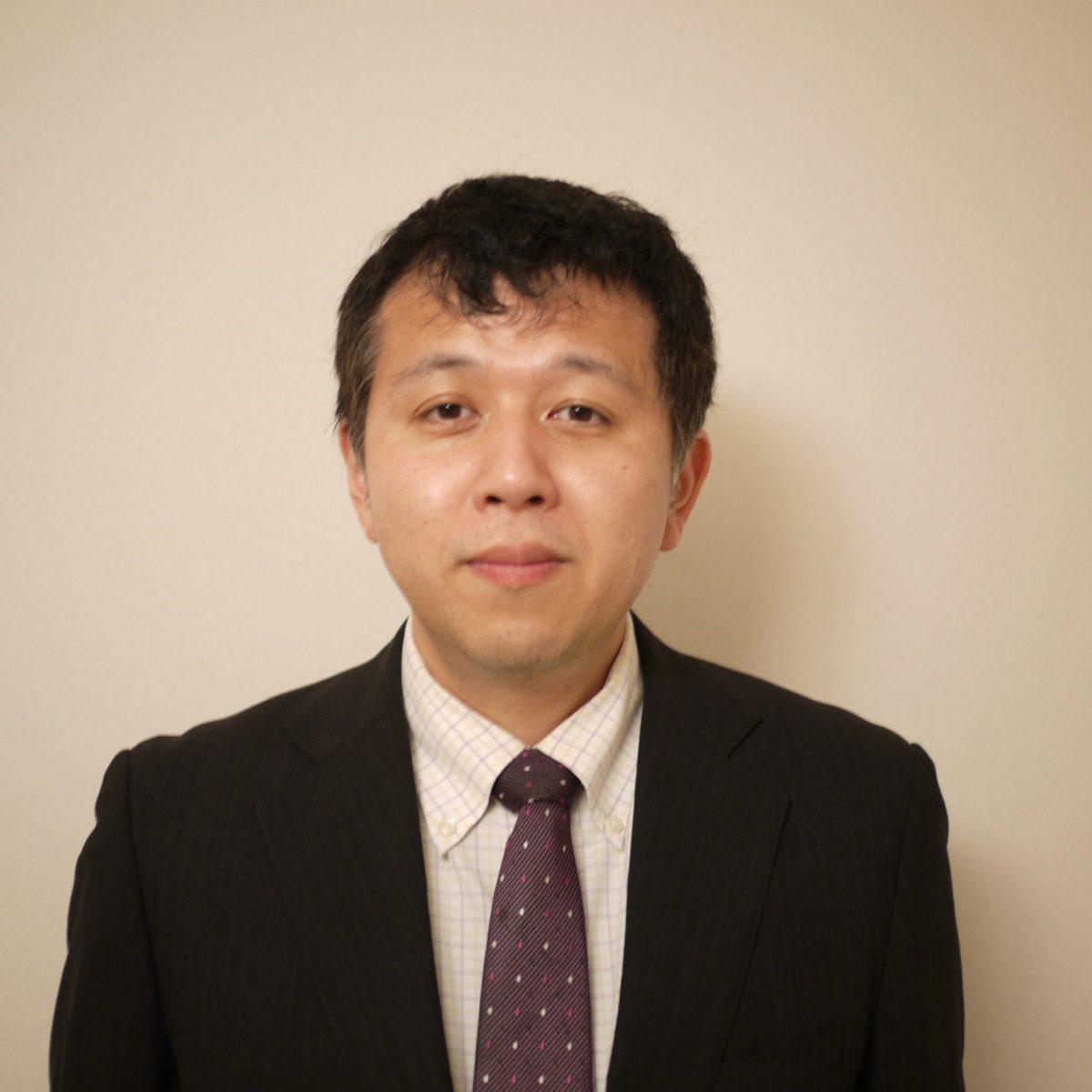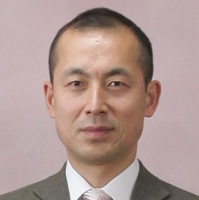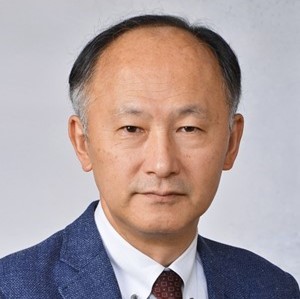In 1984, completed a doctoral course in Department of Electrical Engineering in the Graduate School of Engineering, the University of Tokyo. Doctor of Engineering. In 1984, Assistant, in 1985, Lecturer, in 1989, Associate Professor, and in 2000, Professor in Department of Electrical Engineering and Information Systems, School of Engineering, and in 2008, Professor in Department of Advanced Energy, School of Frontier Sciences, the University of Tokyo. He has just held his present position again in 2019. His major is power systems engineering, and recently, he has researched smart grids. He was the 104th President of the Institute of Electrical Engineers of Japan, and He is now Administrative Council Member, Steering Committee Member, and Japanese National Committee Chairman of the International Council on Large Electric Systems (CIGRE), and Japanese National Committee Chairman of the IEC TC8 and TC123.
MEMBER_CATEGORIES: ENERGY
Fujii Yasumasa
Professor, Graduate School of Engineering, The University of Tokyo
In 1993, completed a Doctoral Course specializing in electrical engineering in the Graduate School of Engineering, the University of Tokyo.
Served as AssistantResearch Associate, Lecturer, and Associateistant Professor in the Faculty of Engineering, Yokohama National University, then Associateistant Professor in the Graduate School of Engineering, the University of Tokyo, Assistant Professor and later Associate Professor in the Graduate School of Frontier Sciences, the University of Tokyo, and was appointed to his present position in 2008.
His specialty is policy analysis based on energy system engineering and energy economy models.
Tanaka Kenji
Completed a doctoral course in the University of Tokyo (Doctor of Engineering). After working atMcKinsey and Company and Japan Industrial Partners, Inc., he was appointed Assistant Professor at the University of Tokyo, and since 2017, has been Project Associate Professor specializing in the study of technology management strategy in the Graduate School of Engineering, the University of Tokyo (IoE social cooperation program).
Has acted as policy councilor for the Ministry of Land, Infrastructure, Transport and Tourism, Division D Technical Committee member of the Institute of Electrical Engineers of Japan, and Councilor of the Japan Association for Management Systems.
Ogimoto Kazuhiko
In 1979, graduated from the School of Engineering of the University of Tokyo and joined J-Power. Appointed to his present position in 2008. Research fields is the energy system integration including energy technology strategy, analysis and evaluation of materials and energy supply and demand, analysis and evaluation of dynamic energy supply and demand, centralized/distributed energy management, and introduction of reusable energies, energy systems diagnosis and evaluation; and risk assessment.
Ohashi Hiroshi
Graduated from the School of Economics of the University of Tokyo. In 2000, graduated from Northwestern University in the United States (earned a PhD in economics).
After serving as Assistant Professor in the Sauder School of Business at the University of British Columbia in Canada and then as Associate Professor of the Graduate School of Economics, the University of Tokyo, he was appointed to his present position in 2012. His specialties are industrial organization theory, competition policy, and economic policy. He has been a member of various committees, including the Advisory Committee for Natural Resources and Energy and the Electricity and Gas Market Surveillance Commission. He has received the Miyazawa Kenichi Prize (Fair Trade Commission) and the Enjoji Jiro Prize (Japan Center for Economic Research).
Esaki Hiroshi
In 1987, completed a Master’s course specializing in Electrical Engineering at the University of Kyushu and joined the Toshiba Corporation. In 1990, he was employed by Bell Communications and in 1994 was guest researcher at Columbia University. In 1998, he was appointed Assistant Professor in the Mainframe Computer Center, the University of Tokyo, and to his present position in 2005.
Representative of the WIDE Project and Green University Tokyo Project(GUTP).
Yoshimoto Naoki, Dr.Eng.
Joined Advanced Research Laboratory, Hitachi, Ltd. in 2003 and joined the H-U Tokyo Lab. in 2017. He specializes in environmental functional materials, energy management, and renewable energy application for building equipment system. Professional Engineer of Japan (Chemistry, Comprehensive Technical Management).
Matsuoka Hideyuki, Dr.Sci.
In 1987, after completing his Master’s degree in physics in the Graduate School of Science, the University of Tokyo, he joined Hitachi. He worked on research and development in the field of semiconductor devices at the Central Research Laboratory. In 2004, he was appointed to the position of Department Manager of the ULSI Research Department. In 2005, he became Laboratory Manager of the Nano-System Laboratory in the Advanced Research Laboratory, and in 2011, he became General Manager of the Magnetic Materials Research Laboratory at Hitachi Metals, Ltd. Since 2013, he has been Senior Chief Researcher of the Research and Development Group and was appointed to his present position in 2016.
Yoshimura Shinobu
In 1987, completed his studies in the School of Engineering, the University of Tokyo (specialized in nuclear engineering) as Doctor of Engineering in 1987. Was lecturer, then Associate Assistant Professor of the School of Engineering in the University of Tokyo, then Professor in the Graduate School of Frontier Sciences, and since 2005, Professor of the School of Engineering. Advisor to the President in 2009, later Head of the Public Relations Office, Vice Dean of the School of Engineering, Education and Research Councilor, and Vice President of the University of Tokyo (2017-2023).
His specialties are computational mechanics and system design science. He is a Vice President and a member of the Executive Council of the International Association for Computational Mechanics and a Member of the Science Council of Japan. He has been awarded the International Association for Computational Mechanics Fellow Award and the APACM Computational Mechanics Award Prize (2013).
